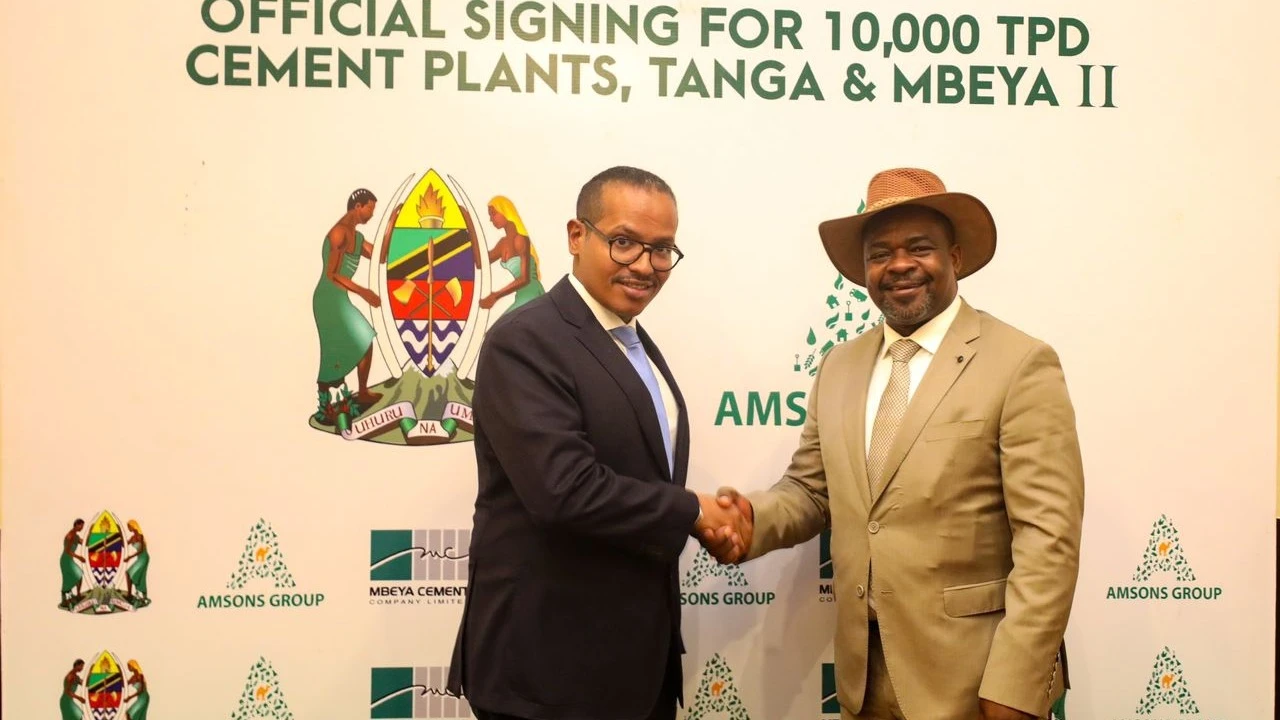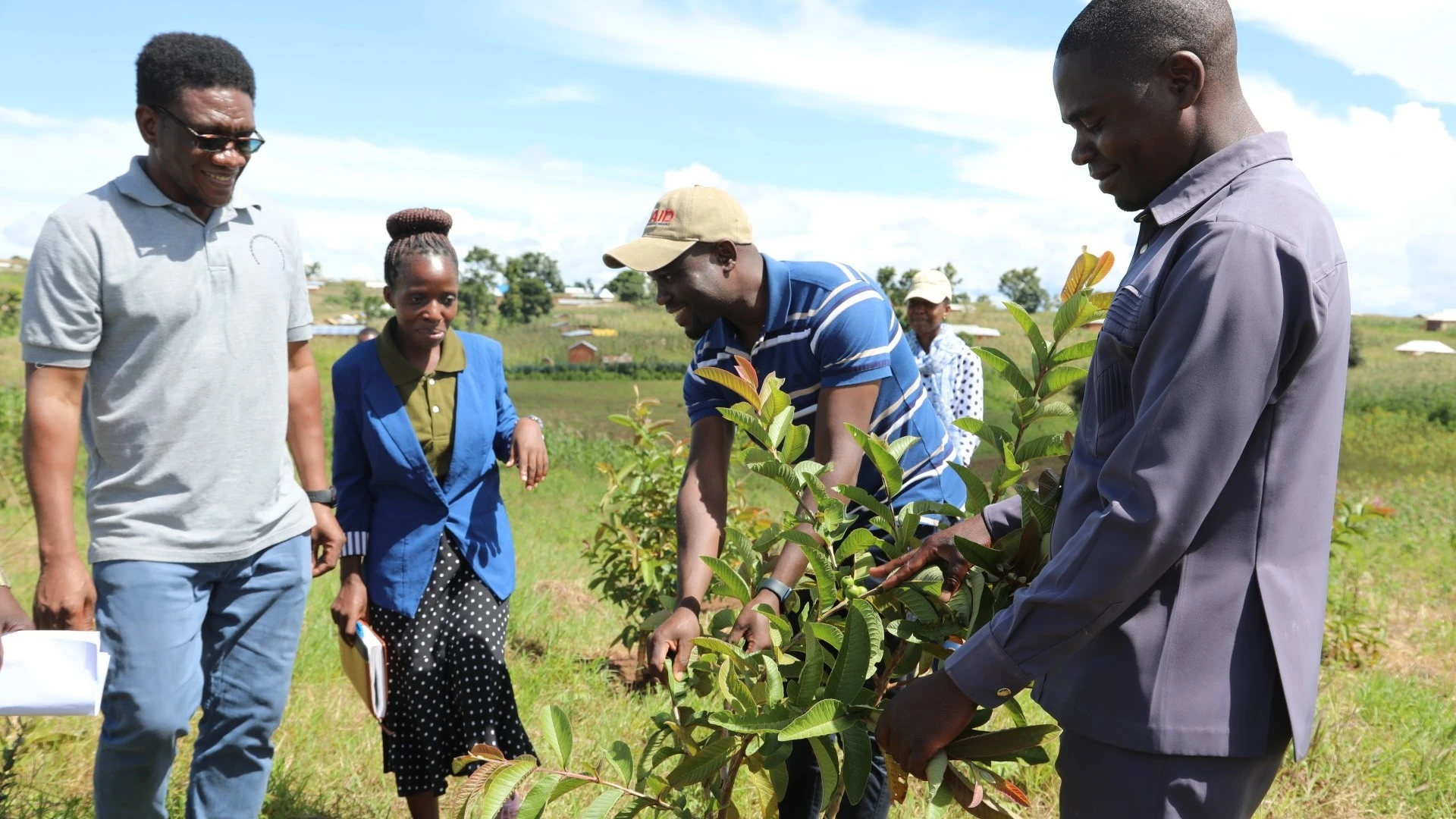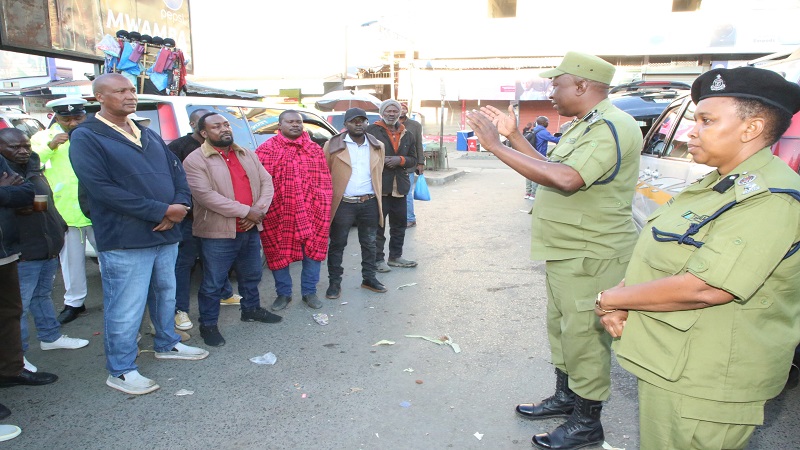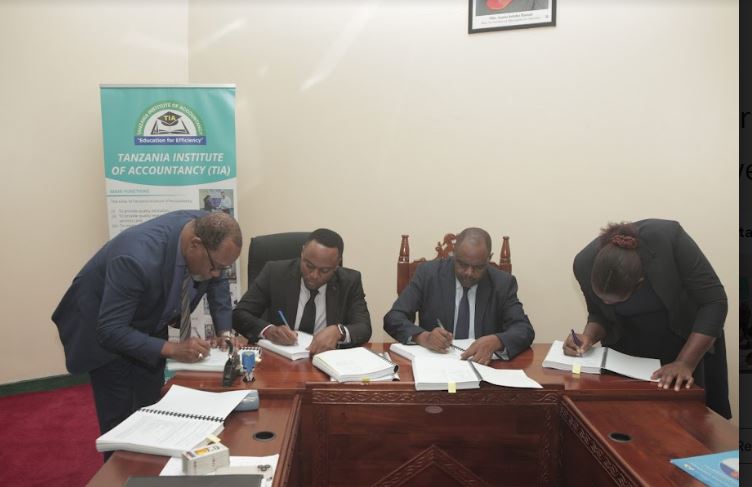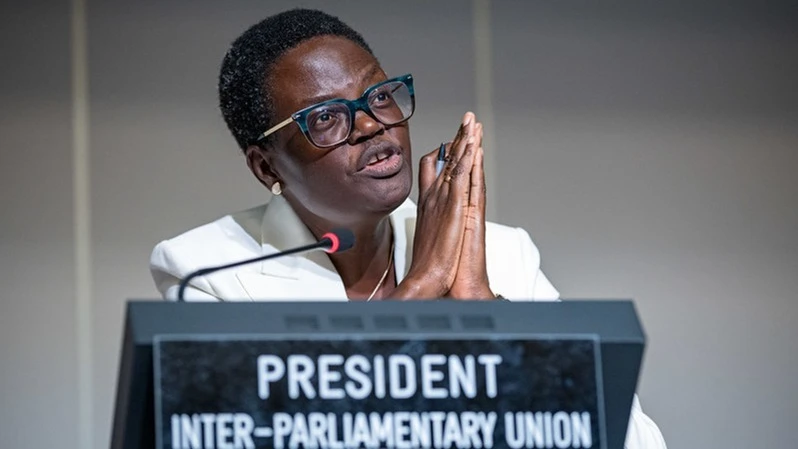Tanga pastoralists lack education on modern livestock keeping
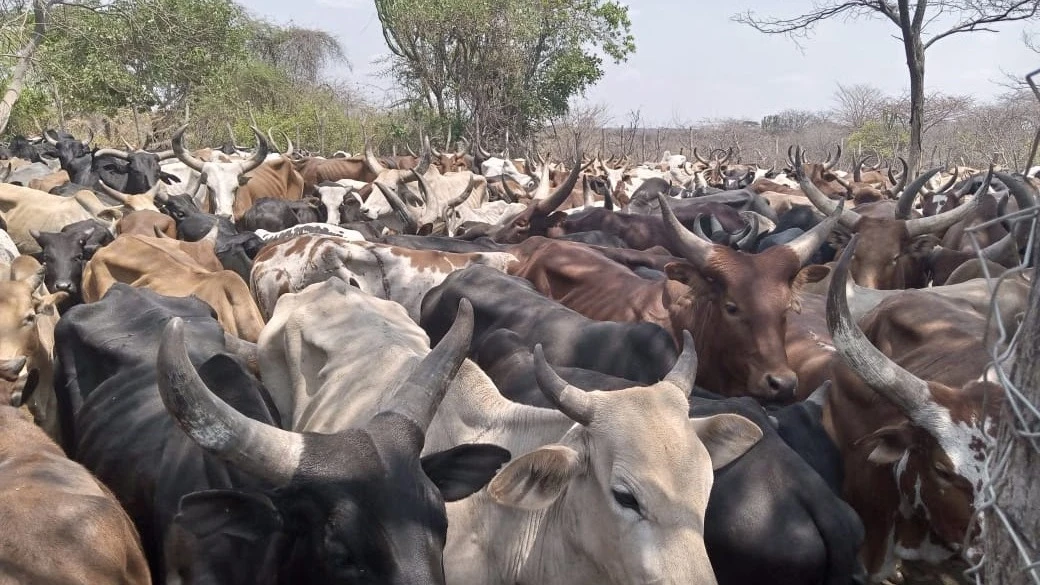
Pastoralists in Handeni, Kilindi, and Pangani Districts in the Tanga Region need education on modern livestock keeping practices to prevent conflicts with farmers, protect water sources, and preserve forest reserves.
Joshua Kimaro, a pastoralist officer with the Tanzania Community Forest Conservation Network (MJUMITA), emphasized this need while presenting an assessment of the Integrated Forest Biomass Energy Solutions for Tanzania (IFBEST) project to local officials, including planning, environmental, and livestock officers.
"Pastoralists should be encouraged to reduce the number of cattle they own while increasing profitability. This approach can help mitigate conflicts between farmers and livestock keepers and prevent them from encroaching on village land and forest reserves in search of pastures," he stated.
Conservationists have proposed that the government designate special grazing areas for livestock keepers to ensure they have adequate pasture. Additionally, all grazing land established through the IFBEST project should be planted with grasses to guarantee sufficient feed for cattle.
The primary goal is to ensure that there is no shortage of grazing grass in these districts while preventing livestock from invading village forest reserves and reducing conflicts with farmers.
Currently, the Tanzania Forest Conservation Group (TFCG) and MJUMITA are implementing the IFBEST project in Handeni, Pangani, and Kilindi Districts, funded by the European Union through the Ministry of Finance.
“Under this project, we assist villagers in preparing land use plans that address grazing, agricultural activities, residential issues, water sources, village land forest reserves for community-based forest management, and sustainable charcoal harvesting plots,” he explained.
The project is being carried out in Gendagenda, Mkalamo, Mseko, Lusane, Mmbogo, Mapanga, Nkhobole, and Msaki villages.
"The European Union has allocated a total of 5.4 billion Tanzanian Shillings through the Ministry of Finance to support the implementation of the IFBEST project," Kimaro added.
According to him, key challenges facing pastoralists in the areas where TFCG and MJUMITA are operating include a lack of land use plans, designated stock routes, water access, pasture shortages, reliance on children for livestock herding, grazing area invasions, drought, and conflicts over access to farmers' wells for cattle water.
Some villages lack cattle dips and charcoal dams, while others have encroached on forest areas for grazing, leading to tensions with farmers.
Currently, pastoralists in Genda Genda, Handeni, Nghobore, Lusane, and Mswaki villages are migrating to seek pastures, causing conflicts with farmers.
"Pastoralists rely on water to sustain their herds for health and survival. When pasture and water availability decline, they are forced to move their herds to avoid depletion and subsequent impoverishment," he said.
Village chairmen, executive officers, and various district officials have suggested that Handeni, Kilindi, and Pangani districts continue to identify sources of boundary conflicts. This will help villagers benefit from available forest resources within their land while also minimizing conflicts.
Through the project, TFCG and MJUMITA have engaged directly with livestock keepers in Lusane, Mapanga, Mmbogo, and other villages, listening to their challenges and opinions to ensure their needs are considered in policy-making and to reduce conflicts with other land users.
The meetings included ward livestock officers, councillors, village executive officers, village chairmen, and representatives from village councils and natural resources committees.
The primary goal of these meetings is to incorporate the ideas and voices of pastoralists into decision-making processes regarding forest management.
Livestock keepers from Lusane, Nghobore, Mswaki, and other villages have called on the government to assist in constructing cattle dips, renovating the charcoal dam in Mswaki, and drilling water wells for local residents.
Isaya Paramisa, chairman of Lusane village, noted that the village currently lacks wells for domestic use and livestock watering. Instead, residents rely on the Dibuluma River, where cattle often trespass on nearby farms.
"We urge the government to help us construct wells in our communities to ensure access to water for both domestic use and livestock, thus preventing conflicts with farmers," he stated.
While they have charcoal dams, they have not had water for a long time, prompting them to seek additional support from the government and other stakeholders.
Mswaki village chairman reported that stock routes in Mswaki have been damaged and are now primarily farmland, with many areas in these villages lacking designated routes for livestock passage.
Top Headlines
© 2024 IPPMEDIA.COM. ALL RIGHTS RESERVED








